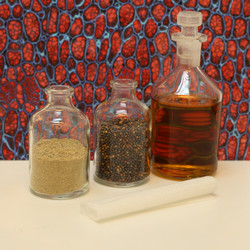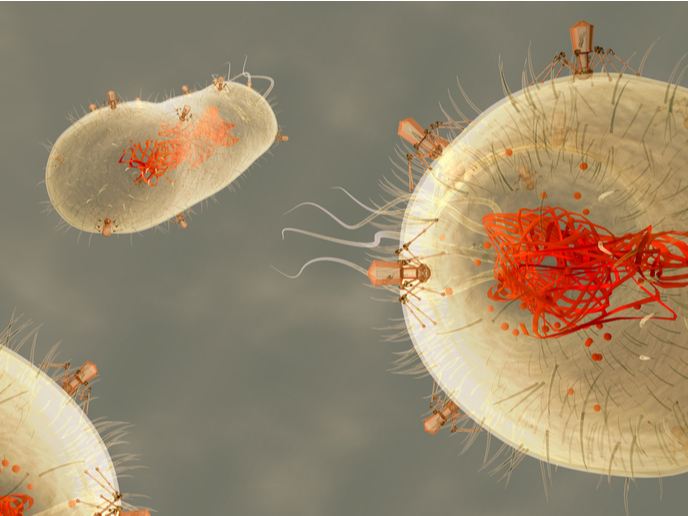Added value from fish and oilseed processing
The agriculture and aquaculture industries generate protein- and oil-rich co-streams during processing. Despite potentially adding value to products like foods and cosmetics, these co-streams were traditionally not used for human consumption and were even discarded. The APROPOS (Added value from high protein & high oil industrial co-streams) project aimed to enrich these co-streams from processed oilseeds and fish for use in food, skincare and agricultural products. APROPOS developed methods for extracting and enriching key intermediates from rapeseed and mustard plants, as well as from salmon and Nile perch. Glucosinolates, for example, are anti-pest compounds derived from mustard seeds, which were enriched from mustard oil cakes for use in biopesticides. These compounds are particularly useful for pest control in India, where mustard plants are widely grown. Moreover, mustard press cakes are rich in protein and can be upgraded for use as food. Project partners also produced bioactive peptides from rapeseed and salmon proteins using state-of-the-art enzyme-aided hydrolysis. Peptide mixtures were found to have several bioactive compounds whose performance was tested and verified in selected medicinal and skincare products. One of the project's greatest successes was the production of nutritious components from Nile perch filleting residues for use as high-protein supplements for fighting malnutrition in east Africa. Since around 50 % of fish caught by African fishermen is left behind after filleting, turning this residue into a valuable supplement for nutrition will also reduce pollution. Bone left over from the separation of proteins and oils will be used for biofertilisers. APROPOS maximised exploitation of the co-streams by contributing to the economic, environmental and social sustainability of the biomass industry. It achieved this by generating greater economic value and establishing better use of resources. It also helped to establish small regional processing units through the development of easily transferable, low-cost processes, thereby improving food security and ensuring sustainable practices.







